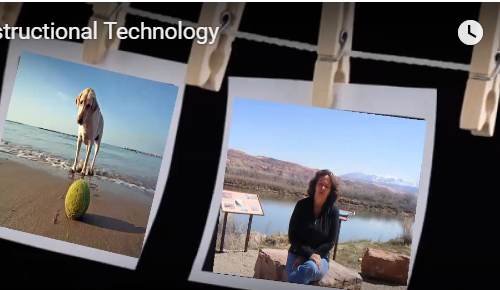
Is change a distraction to cover up disruption

Is change a distraction to cover up disruption? You can have all the systems in place that you want, but if you don’t know who to call when trouble happens, what good will your systems be?
Fifteen years later and businesses still call on their past employees for help. There are some skills that cannot be easily shared, or packaged in a system. Licenses and professional trades that only a few aspire to ever learn. Hands-on crafts and design work are true pieces of wonder. You can’t systemize dreams, and you can’t bottle creativity. What makes people think they can systemize another man’s or woman’s thoughts? Processes can be systemized, but creativity cannot.
Massive change without solid planning does not equate to greatness. Massive change doesn’t add up to much when you think of the man-hours and extra costs it has taken to find out that operations are still only – status quo. The change became a mere distraction to cover up the disruption. In disruptive change management, knowledge is laid waste, and people can become expendable. How does one go about documenting change? How legal is your change? How ethical is your change? Disruption is inserted by someone’s ideology or progressive dogma, and good innovators and creators just leave because of it.
Progressive ≠ Innovator
Ideology ≠ Creativity
True innovators, creators, philosophers, and curiosity seekers alike, all have one trait in common. They refuse to follow the norms. Many seek calm in isolation. They only reach out when what they hold inside has been fused with time and patience; ready for the world to see, acknowledge, and appreciate. These types of people are not seekers of fame, only humble humans given a gift that when matured, produces a harvest of intellectual and often mathematical pieces of art. Leaders In their own right. Creative genius is shared with the world for a time; a generation only.
True innovators, creators, philosophers, and curiosity seekers alike, all have one trait in common. They refuse to follow the norms.
Most of the greatest inventions throughout time have all come from someone who had a creative vision that couldn’t be held in. If we could bottle their creativity and harvest their creative genius, and systemize it – would it still work? Doubtful.
Good or bad, owning creativity is something no one leaves behind. Not every creative genius will have your particular well-being in their design either. You can attempt to take someone’s design through intellectual property rights, legally or not; but you never own the personal creativity behind the design itself – the person. There are many who will try to pull off someone else’s design and call it their own. But only the original creator knows the flaws beforehand.
Indeed, processes need to flow, and systems need to be designed for processes. That is a sensible business practice. But how do you store it? How vulnerable is it? Who has access to it?
Is your organization’s database up to par to be an asset 15 years down the road? No database? Where are you documenting your operational “changes”? A note in your support staff’s email account,? How about a spreadsheet on a desktop? The truth about spreadsheets is similar to driving a car off a used parking lot, it devalues immediately. Neither a Spreadsheet nor Smartsheet that documents change are a good substitute for a database. That is a dangerous way to run a business when you have to think about who’s going to run your spreadsheets if someone leaves. I have a used truck outside I’ll sell you.
I have a used truck outside I’ll sell you.
In the world of change management, I’ve never seen a lean spreadsheet. I’m a firm believer that less is more; fewer spreadsheets. A spreadsheet is not a database, and if your tribal knowledge comes from the people who design spreadsheets – here is your used truck! You can’t systemize something that isn’t built to be systemized.
Pure knowledge, education, and hard work aren’t anyone’s to own – you only get to provide those who own those traits with a paycheck. If you aren’t treating your people with respect – the change you experience may be your last. You can’t possess something you don’t own – your employees.
_________________________
The “As Usual” series
Content creator & writer, blogger, and social and digital media advocate. JB was born with a passion for writing and instructional design. JB is the owner of Radcliff Design.
__________________________________________________




